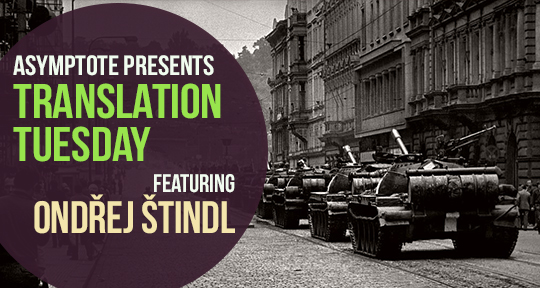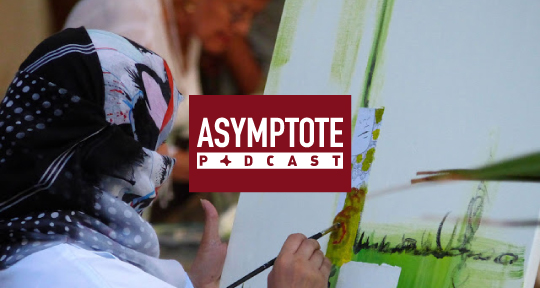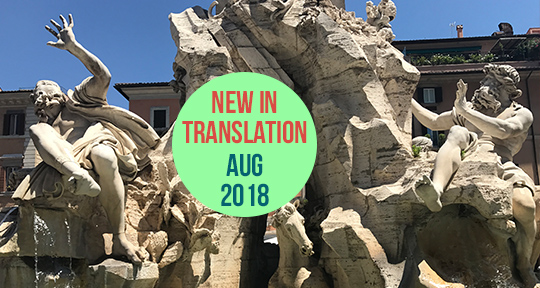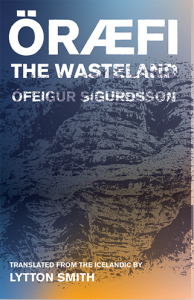50 years ago on 21 August 1968, the armies of five Warsaw Pact countries marched into Czechoslovakia, crushing the short-lived experiment with democratic socialism known as the Prague Spring. This brutal clampdown marked the beginning of “normalization”: within months of the invasion, before the borders were sealed, thousands of people fled the country. Tens of thousands of Czechs and Slovaks who refused to pledge allegiance to the new regime and declare their support for the Soviet-led “fraternal assistance” lost their jobs. Free expression was stifled, scores of writers, film and theatre directors, artists, musicians and other artists were banned from publishing or performing. Some, like Milan Kundera or Miloš Forman, were driven into exile, while of those who stayed, dozens were imprisoned, and their children punished for their parents’ “sins.” (My own parents were among those silenced and later jailed, while I was barred from access to higher education). Playwright Václav Havel, who would spend years in prison for his outspoken opposition to the new regime before becoming the country’s first post-communist President following the 1989 Velvet Revolution, articulated the devastating impact of normalization on the people of Czechoslovakia in an open letter addressed to Communist Party Secretary-General Gustáv Husák in 1975:
“Despair leads to apathy, apathy to conformity, conformity to routine performance—which is then cited as evidence of ‘mass political involvement’. All this goes to make up the contemporary concept of ‘normal’ behaviour—a concept which is, in essence, deeply pessimistic… Order has been established. At the price of a paralysis of the spirit, a deadening of the heart and devastation of life. Surface ‘consolidation’ has been achieved. At the price of a spiritual and moral crisis in society?”
Lest we forget the hard-fought lessons of history that still hold great relevance today, let’s remind ourselves of them again and again through great works of literature, such as this vivid description of a political awakening in the aftermath of this invasion, in Ondřej Štindl’s novel translated for the first time into English by Tereza and Mike Baugh for Asymptote.
—Julia Sherwood, Editor-at-Large for Slovakia














